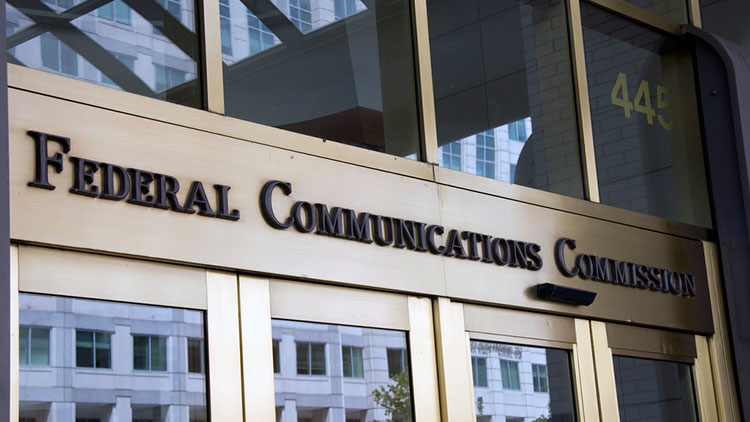NAB Slams FCC Repack Plan, Seeks Changes

The smarter way to stay on top of broadcasting and cable industry. Sign up below
You are now subscribed
Your newsletter sign-up was successful
The National Association of Broadcasters has petitioned the FCC reconsider its "flawed" framework and timeline for repacking TV stations after the incentive auction, saying not to do so will hurt broadcasters and their viewers.
The auction is ending at the end of March and a final “Closing and Channel Reassignment Public Notice,” announcing who won what--both broadcasters getting paid to give up spectrum and wireless companies and others buying that spectrum is expected to be released mid-April.
From that point, broadcasters remaining on the air have 39 months to move to new channels. The FCC has said a deadline is needed so that the spectrum forward auction bidders are paying almost $20 billion for can be freed up.
In a filing with the FCC March 17, NAB says the FCC made a number of mistakes in setting up the auction, including making it overly complicated and not letting stations that had dropped out back in, and created a framework for repacking that does not sufficiently
take into account the "unprecedented logistical and operational challenges" both for the commission and industry.
An NAB witness made those arguments earlier this month at hearing in the Senate Communications Subcommittee.
NAB had asked the FCC to modify its repack framework, but late last month it declined to make most of those changes.
The smarter way to stay on top of broadcasting and cable industry. Sign up below
In the new petition, NAB was trying again.
As it has said before, NAB argues that the FCC was wrong not to use the $1.75 billion Congress set aside for repack expenses as a budget, insuring it would limit station moves to those that could be made using that money.
"This means that the Commission will repack far more stations than necessary, and far more than can likely be fully reimbursed. This will result in the repack taking longer, and causing considerably more viewer disruption, than might otherwise have been necessary," NAB says.
Then there is the timeline. NAB says the FCC has not provided for active oversight of the repack that includes "real-time adjustments" or "course corrections." Instead, says NAB, the FCC appears to be hoping the transition unfolds perfectly, while NAB clearly sees some potential wrinkles.
Well, perhaps more than simply wrinkles given the tone of the petition. NAB says the FCC is blindly adhering to the "arbitrary and unfounded" 39-month" deadline above all else.
NAB wants the FCC to revise the plan to prevent "forcing broadcast stations to go off the air or reduce their service due to circumstances outside their control."
NAB says the FCC's strict adherence to the "in fallibility" of the 39-month deadline is unbalanced and unfair to viewers and listeners> Rather than gauge requests for more time on whether they disrupt that timeline, says NAB, the FCC should gauge them on their individual merits.
NAB says broadcasters don't want a blank check, they just want the FCC not to deny "otherwise justified" requests to maintain the appearance that the plan is working.
The FCC is conducting the transition in 10, staggered, phases, and has already informed stations, privately, of what those are. NAB says the FCC should instead adjust those phases based on the cost estimates and construction permits broadcasters don't have to file until 90 days after that Mid-April public notice.
It also says those phase assignments should be delayed until the FCC better gauges the transition's impact on co-located FM radio stations, which could be affected by tower and antenna changes. "The FCC’s transition schedule does not appear to take these issues into account at all," the FCC says.
NAB also wants more clarity on coordinating the border station moves with Mexico and Canada.
"The repack of broadcast television stations after the close of the auction may ultimately come to make the auction itself look simple. Previous Commission decisions have exacerbated challenges inherent in the repack, putting viewers at risk and potentially causing unnecessary harm to broadcasters. Many of these decisions are simply irreversible at this point. Nevertheless, the Commission still has an opportunity to take steps to develop and implement a transition plan that treats all stakeholders fairly and protects viewers and listeners from service disruptions," NAB concluded.
Contributing editor John Eggerton has been an editor and/or writer on media regulation, legislation and policy for over four decades, including covering the FCC, FTC, Congress, the major media trade associations, and the federal courts. In addition to Multichannel News and Broadcasting + Cable, his work has appeared in Radio World, TV Technology, TV Fax, This Week in Consumer Electronics, Variety and the Encyclopedia Britannica.

